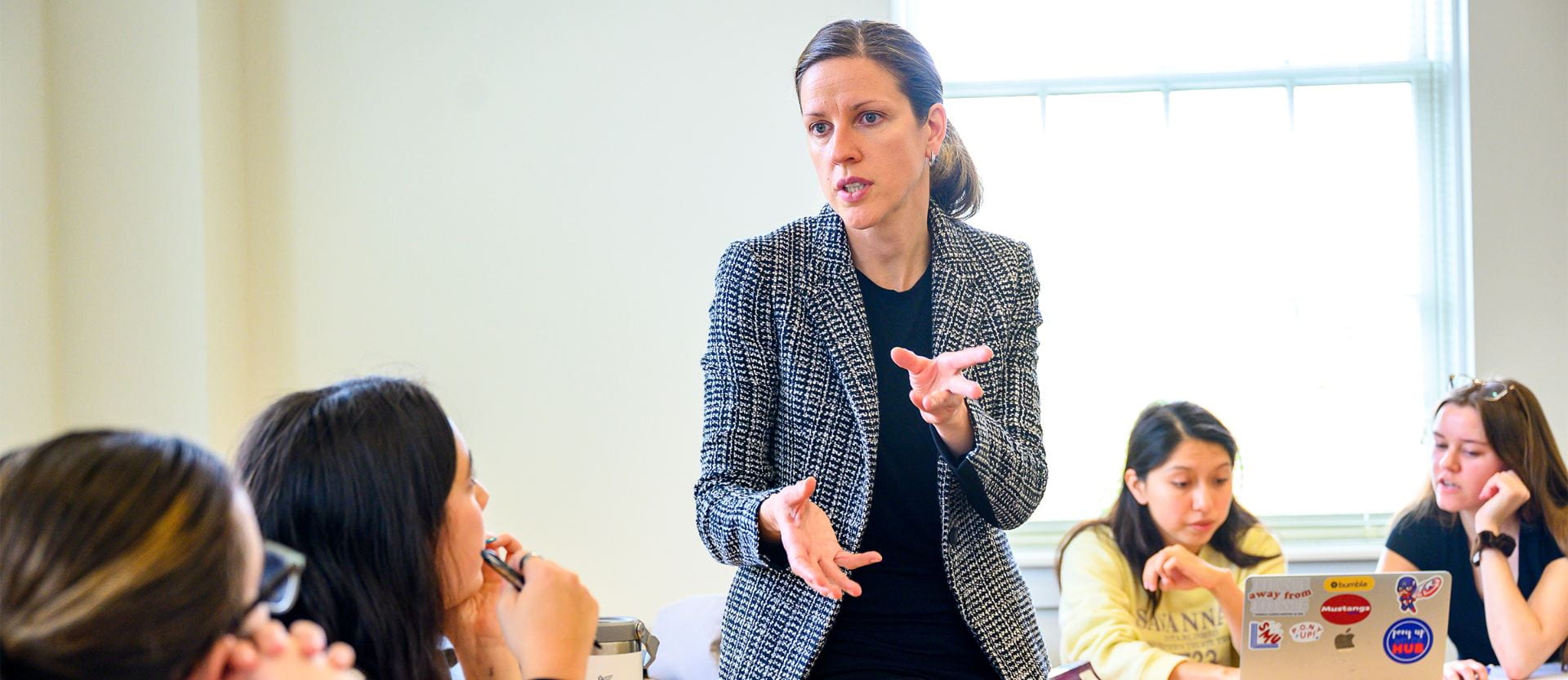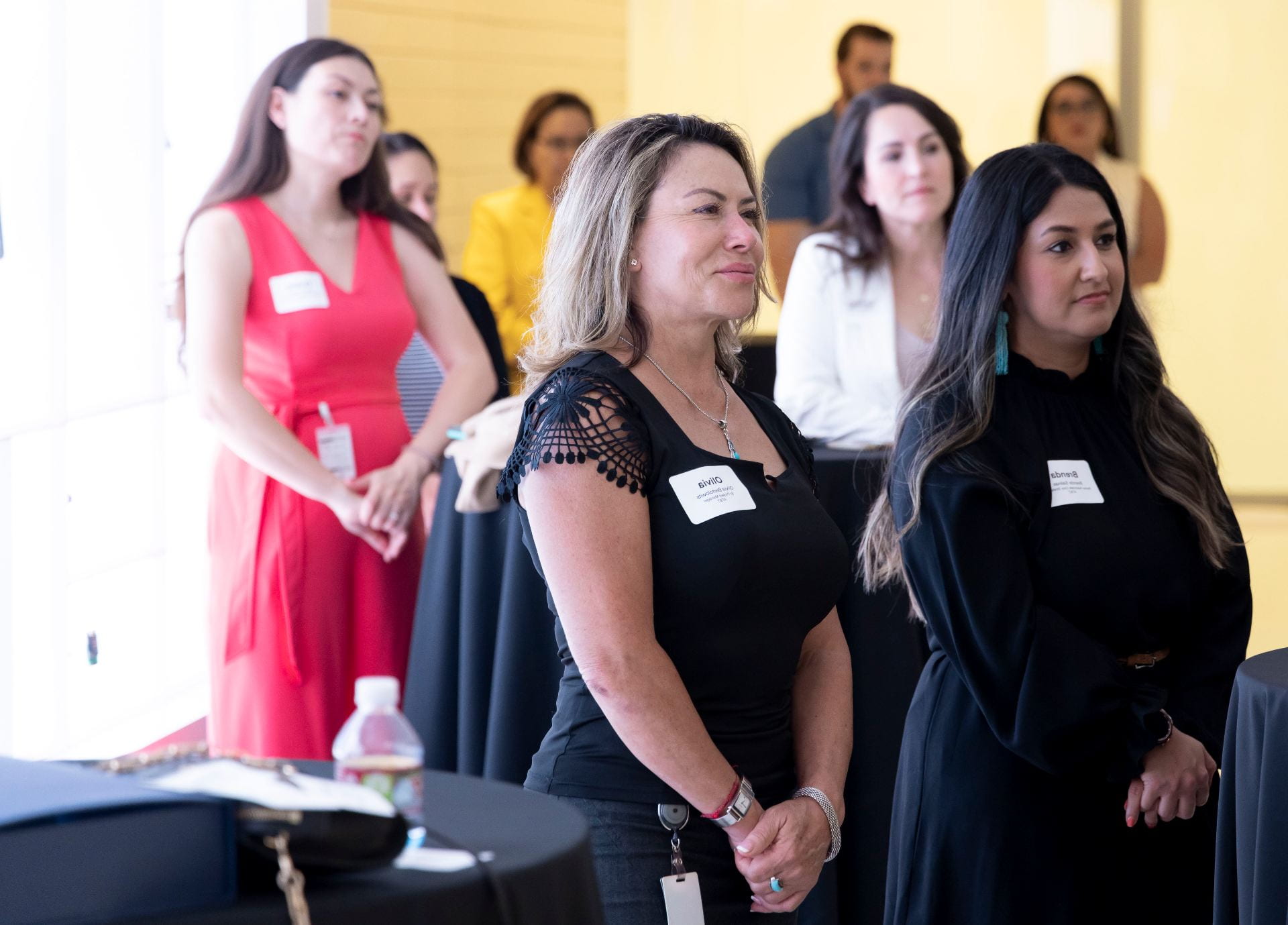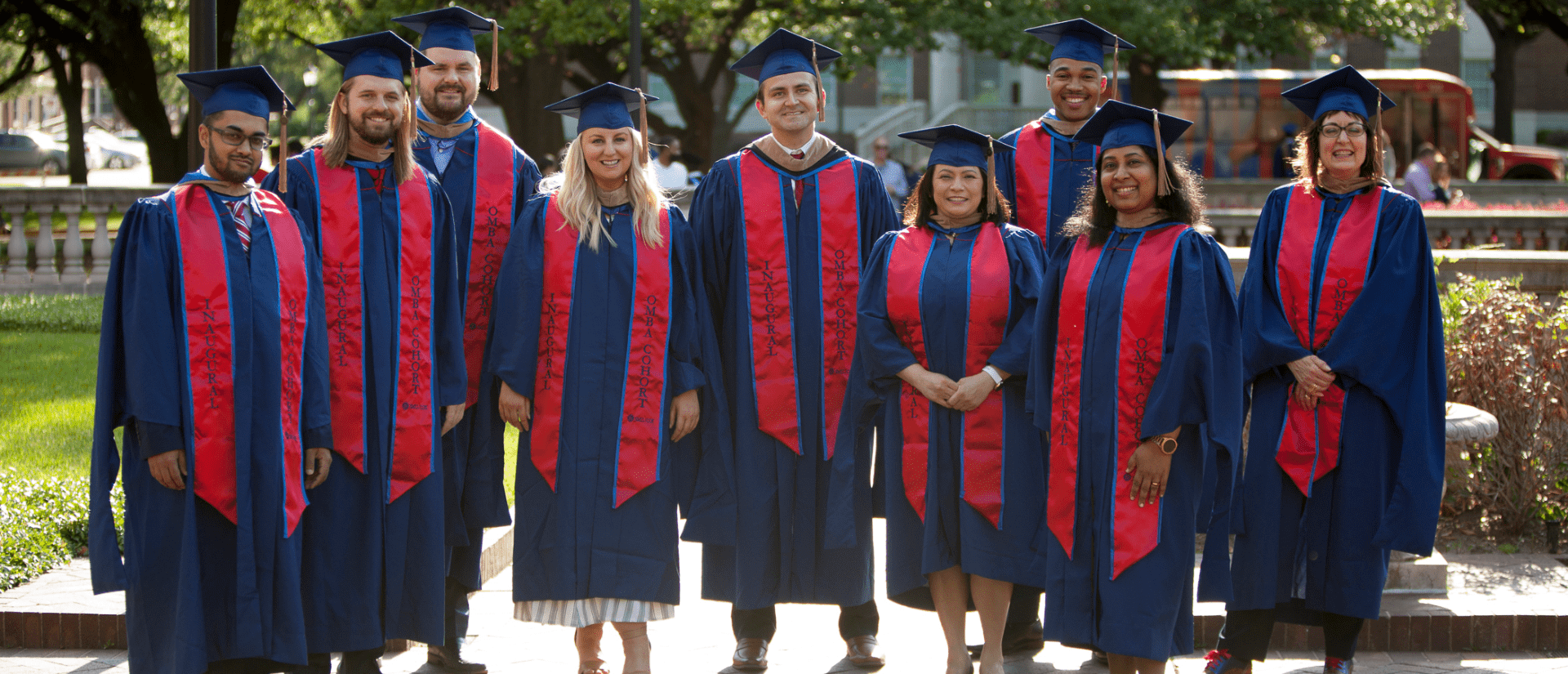Have you ever set an alarm to take medicine or asked Alexa to remind you to take dinner out of the oven? How often do you reach for your phone to calculate a tip or google a question before you even have time to consider the answer?
It turns out these technological crutches affect us in more ways than we might think.
SMU Cox Assistant Professor of Marketing Matthew Fisher’s research interrogates two key issues: information overload and reliance on technology. His research, which has been published in peer-reviewed journals including Psychological Science and the Journal of Consumer Research, explores strategies for digesting the overwhelming amount of information we encounter every day and technology’s impact on how we perceive our own abilities.
We talked to him about trends he’s observed and the dangers of outsourcing our cognitive capabilities to technology.
Q: How does reliance on technology affect how we perceive our own abilities?
A: In the age of constant information access, we have phones on us at all times, which can give us whatever information we want. This creates an illusory sense of knowledge. It’s tricky for people to distinguish what they actually know from what they can access. The more we rely on the latter, the less we know what we’re actually capable of.
Similarly, people who receive automatic reminders overestimate their ability to remember things without reminders in the future. Imagine you remember to accomplish a task that you’ve set a reminder for. There’s some ambiguity there: Is it you who’s responsible for remembering it? Or is it this outside help that you had? Which made the difference? In the age of the smartphone, this effect is amplified, because you’re getting more help.
We’ve been documenting the impact of technology-induced overconfidence in the domains of consumer behavior and education. I believe this is an increasingly important topic, because as technology improves, we will be able to outsource even more of our cognitive abilities.
Q: It’s said attention spans are shorter due to technology and information overload. Is there a cure?
A: One thing we’ve found in our work is a simple step: a willingness to pause and realize that you don’t know something. We’re so addicted to getting the right answer that, often, even something we could have thought of, we don’t, because we just can look it up and immediately get the answer. If you’re constantly doing that, then you can easily deceive yourself into thinking, “Well, I would have known it had I kept thinking about it.” You haven’t really appreciated that there was a gap in your knowledge, and you didn’t face that feeling of ignorance, because there was a quick, easy answer available. Being willing to be stumped and think through a problem fully on your own before immediately jumping to find a shortcut is one strategy to avoid this pitfall.
Q: What are your sentiments about the metaverse and how it might affect our psychology?
A: Over the past 10 years, there’s been a lot of conversation and concerns about social media: “What is this doing to us? What is this doing to our children?” Some of that is now shifting to virtual reality and AI. In recent research, we’ve found that for younger generations, these technologies just become a part of the status quo—they don’t think too much about it because that’s just part of the cultural inheritance they receive. For younger generations, virtual reality seems like the logical next step in technological progress. But for people who have lived without those technologies, these alarm bells tend to go off.
My headline prediction would be, virtual reality will have some interesting applications, but it won’t dominate in the way that Meta would probably hope, and that it probably isn’t going to be as big of a deal as it seemed like it would be a few years ago.
Q: How should we navigate information overload and our relationships with technology?
A: My recent research finds that people spend way more time than they want to on screens—and way more time than they think they are. A starting point is thinking critically about what you want your relationship with technology to be. For some people, being on their phone is a part of their life that they acknowledge and accept, but for many people, they’re not living how they would like to live. Apps like Screen Time, Freedom and Self-Control can be a great place to start. Set clear boundaries for your time and structure your environment with solutions that don’t require you to just grit your teeth and try harder. Don’t just rely on willpower.
Q: What do you like to do with your free time and to escape information overload and ‘touch grass’?
A: I love hanging out with my family; I’ve got three lovely kids under age 5, so that keeps us busy. I love music, going to live shows, date nights and going out and trying new food.
This interview has been edited for length and clarity.














